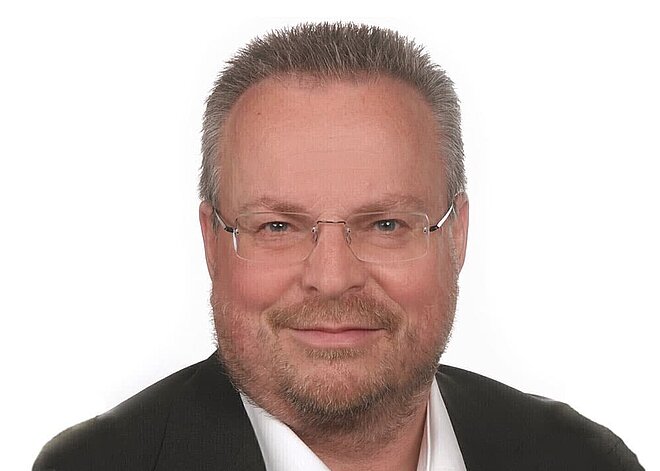Fuel cells - untapped opportunity?
![[Translate to English:] Teaserbild Brennstoffzelle [Translate to English:] Teaserbild Brennstoffzelle](/fileadmin/_processed_/8/6/csm_merkle-partner-brennstoffzelle-presseinfo-2_dea73a80c8.jpg)
The high performance and enormous potential of fuel cell technology offers many opportunities for Germany as a high-tech location - despite major technological challenges. Simulation technologies such as FEM and CFD provide support here.
Apart from ideological aspects that oppose the hydrogen vehicle, it is actually far more technologically demanding to build than a battery-powered vehicle. The hydrogen tank alone must withstand enormous pressure over the long term. The fuel cell stacks must have a uniform flow and temperature, no dust particles must get into the stacks, and the air in the fuel cell must have a defined humidity. In addition, the interaction of the technologies is more complex. Many interrelationships have not yet been researched and can only be identified in trials and even then not easily.
This is where simulation technologies come in. By means of FEM and CFD simulations, weak points, stresses, bottlenecks, material fatigue, but also interrelationships of the technologies can be identified in the digital twin. Engineering simulation technologies realistically map the behavior of products based on the physical laws of nature, databases of material properties and the geometries and properties of the products. For the development of high technologies such as fuel cell vehicles, development cycles can be noticeably accelerated. Interrelationships can be identified more quickly and costly development loops can be reduced.
The use would be worthwhile. This is because 0.5 JM of energy can be stored in 1 kg of Li-ion battery, 40 MJ in 1 kg of diesel, and a full 120 MJ in 1 kg of hydrogen. In addition, the energy storage system in a hydrogen vehicle can be built much more compactly than in an electric vehicle. At the same time, the vehicle can also be refueled more quickly and has a much longer range. This is because, compared to batteries, fuel cells have the advantage that continuous operation is possible for a very long time without intermediate electrical recharging. Vehicles powered by fuel cells can carry large quantities of hydrogen without greatly increasing their weight.
Merkle & Partner knows that these technologies are already being used successfully. The engineering firm has been implementing FEM and CFD simulations in this technology field for more than 16 years; from the development of fuel cell stacks to the behavior of seals, foils, hoses or the use of different materials.
"In my opinion, fuel cell technology offers an enormous opportunity for Germany as a business location. As a high-tech location, the automotive industry could once again take a leading role here. We support as a technology partner with experience, know-how and the courage to cultivate new fields," says Stefan Merkle, Managing Director of Merkle & Partner GbR.
(2,961 characters)

